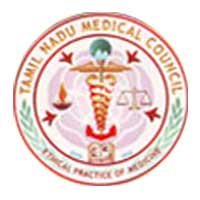Anti Hair Loss Treatment
Superior hair restoration requires the application of universal principles along with variations that apply to specific ethnic populations. Because hair loss is a progressive disease, medical treatment is required even for the individual who is contemplating hair restoration surgery. It includes a spectrum of oral, topical and intradermal (Mesotherapy) application of Food and Drug Administration–approved medications, such as minoxidil (Rogaine) and finasteride (Propecia) in addition to vitamins and minerals required for hair growth. These medications slow the progression of hair loss. Their major limitation, other than ongoing cost, is that once they are stopped, the patient's hair loss will revert to the starting pattern, that is, everything he gained during the period he was on the medications is lost.
Male Hair Loss Considerations Most men do not advance from thick, terminal hairs to complete baldness. Instead, thick, terminal hairs are slowly converted over time to wispy, vellus hairs (baby hairs) that in turn are shed and lost. Medical management works to reconvert a portion of this type of hair back toward thicker, terminal hairs. Once the hairs are completely gone, they do not grow back. That is why early implementation of medical management is important for anyone who is beginning to lose hair
FEMALE HAIR LOSS CONSIDERATIONS More than 30% of women older than 30 years also lose hair even before the onset of menopause. Women can lose hair in a male pattern, diffusely across the hair or in a Christmas tree pattern in which the apex of the ''tree'' falls along the vertex and the base along the frontal hairline. The major problem with hair restoration in women is the need to first understand the underlying process that could account for the hair loss, because although hair loss is predominantly genetic in men, it is not so for women. Besides a small number of females in whom hair loss is genetic, the other reasons for hair loss are usually divided into 2 types: dermatologic and hormonal. Dermatologic evaluation would be indicated in a woman who exhibits any unusual skin disease that could account for the problem at hand. Basic hormonal workup is indicated in almost every woman to rule out treatable, reversible hormonal diseases, such as hypothyroidism, iron deficiency anemia, autoimmune disorders, and other hormonal imbalances.










